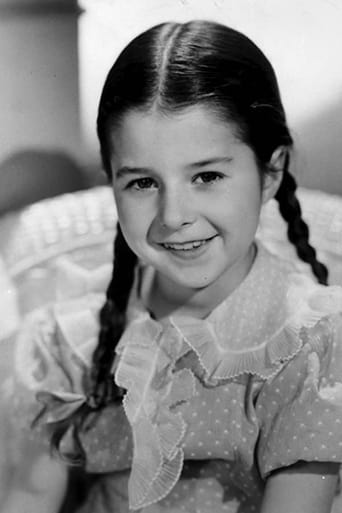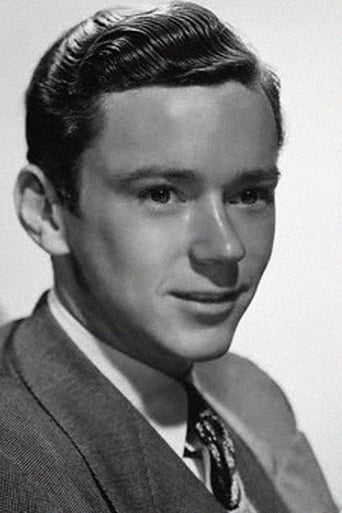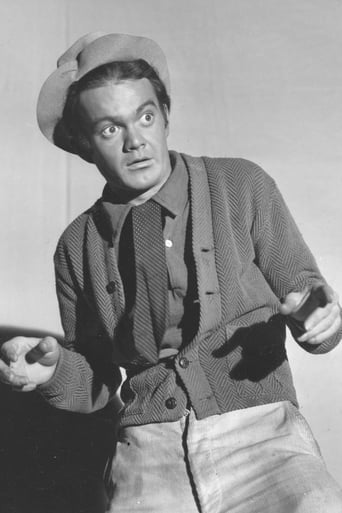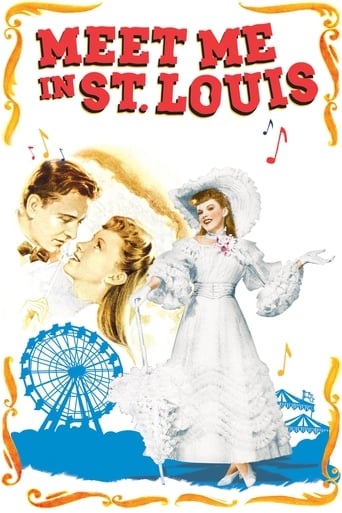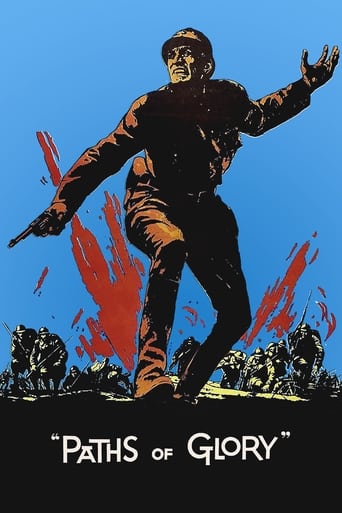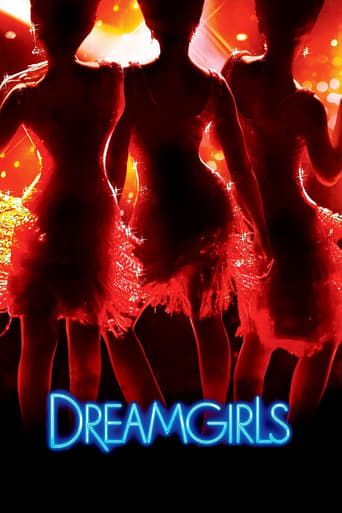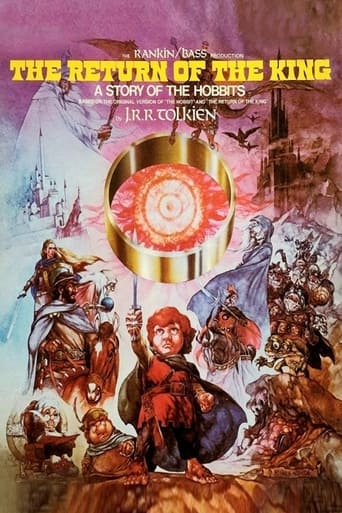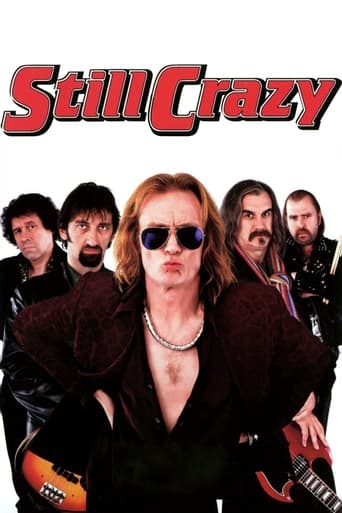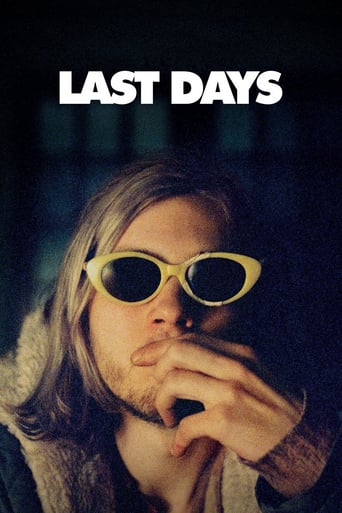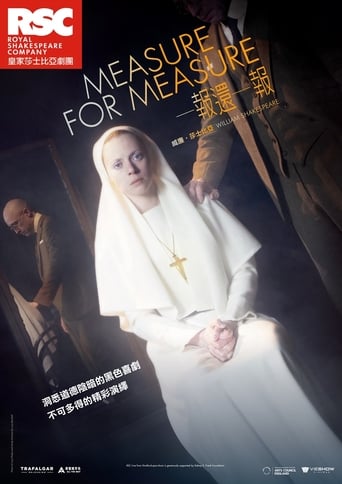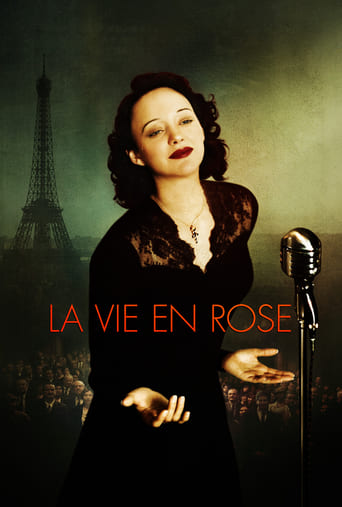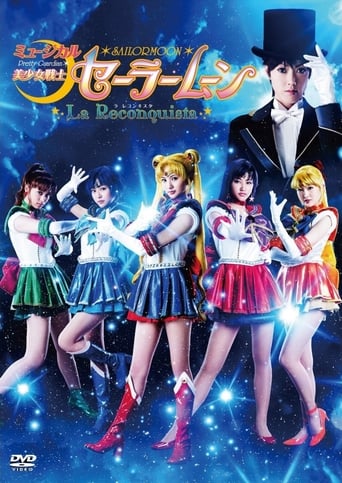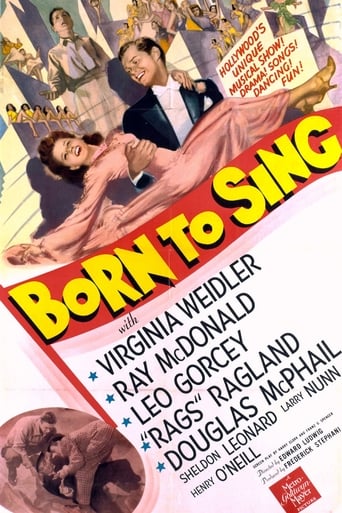
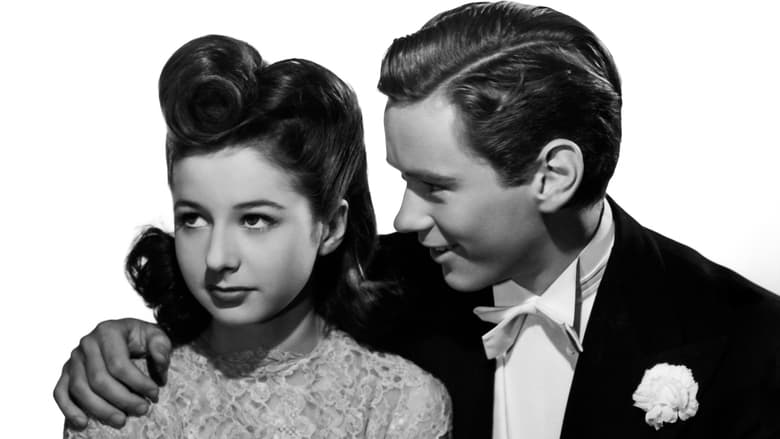
Born to Sing (1942)
A group of children put on a show in order to prove that a down and out musician was the real composer of a Broadway show's songs.
Watch Trailer
Cast


Similar titles
Reviews
It is neither dumb nor smart enough to be fun, and spends way too much time with its boring human characters.
There's no way I can possibly love it entirely but I just think its ridiculously bad, but enjoyable at the same time.
The film may be flawed, but its message is not.
Not sure how, but this is easily one of the best movies all summer. Multiple levels of funny, never takes itself seriously, super colorful, and creative.
Edward Ludwig directed this B movie musical written by Harry Clork and Franz Spencer (aka Schulz) which stars Virginia Weidler (in lieu of Judy Garland) along with Leo Gorcey and a couple of other Dead End Kid/Bowery Boy types like dancing Ray McDonald and Larry Nunn (in lieu of Mickey Rooney).This light and airy MGM escape-fare even features a patriotic Busby Berkeley choreographed finale sung by ill-fated baritone Douglas McPhail (his last film). The cast is loaded with other recognizable faces including Rags Ragland, Sheldon Leonard, Henry O'Neill, Margaret Dumont, Our Gang's Darla Hood, and the prolific Charles Lane and Ian Wolfe (uncredited).'Snap' Collins (Gorcey) has just gotten out of the New York Penitentiary, later referred to as reform school, and is met by his friend Steve (McDonald). Shortly thereafter, they run into another friend Mike Conroy (Nunn), who's wearing Snap's old favorite suit; so he chases Mike into a building and up the stairs and the three of them end up in an apartment where they smell gas. Upon investigation, they discover Frank Eastman (O'Neill), who's just tried to kill himself because he couldn't go on any longer. After the 'boys' save his life, Eastman's daughter Patsy (Weidler) arrives and first assumes the boys were trying to rob her father. Mike had found and pocketed the suicide note before she could see it. However, the truth comes out - Eastman's musical compositions had been 'stolen' by show producer Arthur Cartwright (Lester Matthews), actually it was Cartwright's agent (Lane) who had taken them because of the producer's recent failures. Eastman couldn't go to the police, or take Cartwright to court, because he felt no one would believe him over the famous producer; Eastman had written them while serving his time in prison.Because Patsy is cute, the boys want to help her. They go to Cartwright's to try to get his music back, but are unsuccessful even though Steve impressed the producer with his dancing skills. In fact, Cartwright writes the boys a check and then calls the police to arrest them on blackmail charges. While being taken in, the boys find themselves in the same paddy wagon as the infamously corrupt cab company owner Pete Detroit (Leonard). Detroit's gang, which includes 'Grunt' (Ragland), turns over the paddy wagon and busts them all out of 'jail'. While hiding out in a former Nazi Bundist they discover, the boys learn they were identified in the escape, and meet 'Eight ball' (Ben Carter), a stereotypical Black character who's the custodian there. They decide to stay off the streets, but they also hatch a plan, with Patsy who they'd rescued from a welfare worker (Connie Gilchrist), to put on a show of her father's tunes before Cartwright, to prove that they were his in the first place, and that they'd been stolen.The boys proceed in hiring kids, including 'Quiz Kid' (Hood), off the streets for their production. When Patsy dressed in black-face and Eight ball visit Eastman in jail, he'd been accused of the same bogus blackmail charge, they learn that he no longer has a copy of his music. However, a talented youngster named Mozart (Richard Hall) with perfect pitch is able to copy down the stanzas while Patsy plays the songs on a harmonica. But Detroit catches up with them, it seems he's been implicated in the same blackmail scheme, and is about to take the boys in to explain that he's not involved before Patsy tells her sob story and wins him over. Detroit then decides to help, by supplying a singer within his employ, Murray Saunders (McPhail) for the show, making sure Cartwright's production is disrupted and his audience kidnapped and taken to the kids' show! Of course, their production (which is the last third of the film) is a big success, winning over Mrs. E. V. Lawson (Dumont) and a Broadway critic (Wolfe), who befuddle the police captain (Cy Kendall) when he stops the performance before the big finale. The show must go on; McPhail's rendition of the aforementioned flag- waving song ends the movie.
This is such an interesting film, if as the previous comments attest to, some details that even I never knew, IE: The finale that was originally part of the WPA (ask kids today what THAT was!) and the Federal Theater Project's contribution to the Depression. What I found interesting/sad/macabre, was how many of the young actors in that film met an early demise. On the IMDb site itself:1)Virginia Weidler: Heart attack, age 412)Larry Nunn: Self inflicted gun shot wound, age 493)Ray McDonald: Death by choking on food in hotel room, age 344)Ben Carter, age 355)Leo Gorcey: Liver failure, age 536)Douglas McPhail: poison, after 1st failed suicide attempt,age 307)Rags Ragland: uremic poisoning, age 408)Darla Hood: died in North Hollywood following a relatively minoroperation of acute hepatitis under "mysteriouscircumstances", age 479)Richard Haydel, age 22 Was this film cursed? Or did actors die quicker then?
When Ballad for Americans became a big hit in 1939 out of the WPA Theater Project Musical Sing for Your Supper, MGM quickly bought the screen rights to the song. Both Paul Robeson and Bing Crosby made hit recordings of it that same year, though the song is pretty much identified with Robeson now. MGM waited three years before putting it into a film and it went into one of the products of their B picture unit, Born to Sing. This film is no doubt something that Mickey Rooney and Judy Garland rejected for one of their 'let's put on a show' films.It's just that kind of film. Crooked producer Lester Matthews and even crookeder press agent Charles Lane, plagiarize the work of Virginia Weidler's father, Henry O'Neill for their show. Topping that all off they frame Ray McDonald, Larry Nunn, and Leo Gorcey on an extortion rap.As they're being taken to jail, they're riding in the same paddy wagon as gangster Sheldon Leonard. They go along in an escape his gang has planned and he in turn gets ensnared in their machinations. Which as it turns out is to put on a show before Matthews does and showcase O'Neill's music.So help me that's the plot of this one. It's all quite innocently and charmingly done, but the presentation leaves one breathless.Tacked on to the end of the show is Ballad for Americans where the lead singer is Douglas MacPhail whose career came to tragically to an end the following year. Staging the number is Busby Berkeley and the staging of it is similar to some of what he did in Ziegfeld Girl the year before.Why MGM didn't put Ballad for Americans into one of their A films is something we'll never know.
"Born to Sing" (1942) could be summarized as "The Bowery Boys Put on One of Those Garland/Rooney Shows". Basically it is a "Bowery Boys" feature with a neighborhood talent show tacked onto the end. But this is not as bad as you might think. The boys are represented by Leo Gorcey; as a character named Snap Collins, pretty much his standard Slip Mahoney stuff. The budget is a bit larger so the technical production elements are better-the cinematography/lighting actually has a nice flare and the production design is quite good. But the best part is that the show is quite entertaining, at least until the super patriotic finale, out of place at best-drifting into pathetic several times, despite some slick staging and excellent use of lighting. This silly song features baritone Douglas McPhail who up to this point has looked totally embarrassed about appearing in the film. Overwrought as it is, the real problem is that it destroys the unity of the main production, which up to then had a lot of charm with the neighborhood children playing all the adult roles on the stage. Suddenly there is a group of actual adults inexplicably parading on stage like something out of "Triumph of the Will".This was Virginia Weidler's last real chance to go from child to adult star, she made a couple other films during the war but nothing that had this much potential. But the grown-up Weidler just didn't have much charisma. In fact, she gets completely upstaged by another teenage actress/singer Beverly Hudson who has a lot more energy and personality than Weidler. Hudson's big number is good enough to justify watching the entire film."Born to Sing's" premise revolves around Patsy Eastman (Weidler) and her father, a songwriter who wrote a show while in prison. Much like "House of Wax", a greedy promoter steals the material. Snap and his friends try to pressure the promoter but are charged with extortion. Fortunately they meet a gangster named Pete Detroit (Sheldon Leonard) who is sympathetic and helps them open their show before the promoter can premiere his; with Pete going so far as to use his fleet of taxicabs to ferry unsuspecting drama critics from the promoter's show to the kid's show. Watch for appearances by Darla Hood (Little Rascals) and Margaret Dumont (Marx Brothers). One notable scene for inclusion in "Blacks in Hollywood" has token black Eightball (Ben Carter) escorting Weidler (in black-face) to the jail to visit her father. They fool the guard by engaging in the extreme stereotypical behavior early audiences seemed to enjoy. Which makes the finale's attempt of rally all Americans (all races, faiths, and occupations) behind the war effort even more hollow.Then again, what do I know? I'm only a child.


